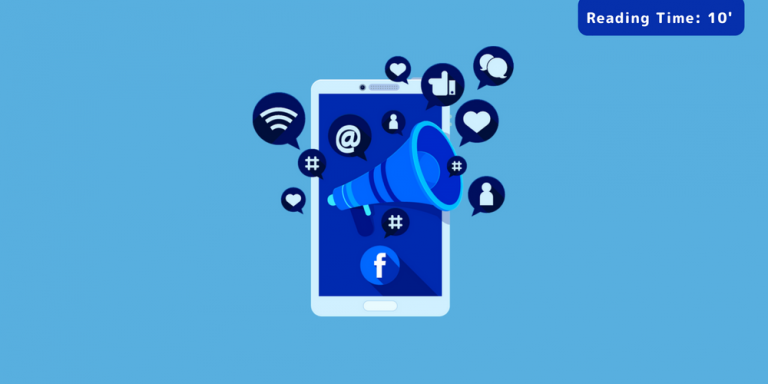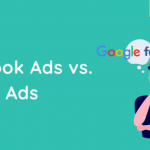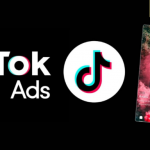What do you need to know about the new changes brought by Facebook? Mini Survival Guide

Content
Article Preview: In this article we have made a brief review of the significant changes that Facebook brought in 2018: from how organic reach is affected to changes and new security options.
2018 started with important announcements from Facebook. From personal data privacy policies to connecting with the company’s origins and mission, Facebook publicly launched a series of notifications regarding the main changes to the algorithm, interface, user experience, but also advertiser experience. The main algorithm changes are: Public pages will have less organic reach, and posts from friends / family members will have priority. In case you missed it, you can check the announcement below.

2018 is also the year when the platform went through a series of some unfortunate revelations for users, such as information regarding D. Trump’s presidential campaign and how Cambridge Analytica participated in this process. These events have brought other changes in terms of security and transparency. It seems that GDPR, the European Union’s project on personal data protection in the virtual space, has landed on fertile ground. The result is a series of major changes in a relatively short time, which affect the activity of marketers in the digital space.
Today we thought about reviewing the most important changes brought this year by Facebook.
Limiting the exposure of (organic) posts on public pages
The main announcement that left many Facebook page administrators wondering “and now what?” was released by none other than Mark Zuckerberg in a Facebook post written on behalf of the company. He announced that the algorithm behind the news feed will prioritize organic content from friends, family, and groups, which is closest to the company’s mission to help us stay connected to the important people in our lives.
What does this mean and why is it important for advertisers? Quoting directly from the post mentioned above, “As we roll this out, you’ll see less public content like posts from businesses, brands, and media.”, i.e., Facebook introduces a prioritization of the organic content posted by users vs. public pages.
BUT Ads are not affected by this update… and our interpretation is that:
- More brands will advertise (including out of necessity), instead of focusing primarily on organic reach / exposure.
- More advertising means more competition when it comes to bidding for a place in the user’s feed.
- Demand and supply dictate that we should expect higher costs.
Custom Audience size & Estimated Reach disabled
Broadly speaking, Custom Audience (CA) is a form of remarketing – it allows advertisers to return to someone who has performed a specific action on the website, watched a video for a certain time, is a fan of the Facebook page etc. Lookalike Audience (LAA / LLA) allows advertisers to find new audiences with demographic or psychographic indicators similar to those in Custom Audience.
Together, the two mechanics above show an advertiser how big his market is, according to some very specific indicators, that is, the kind of things that matter in the incremental improvement of campaign performance.
For the time being, however, the size and reach estimates for Custom Audiences have been temporarily disabled in Ads Manager due to a potential vulnerability, a problem that has been going on for several months.
What does it mean?
The size of the audience itself is not affected, but advertisers running campaigns to these segments have no indication on how large their audience is or what kind of reach they can expect. Facebook Support informs us that the issue will be resolved in a few months.
Partner Category disabled
Since Facebook’s business depends on how well the platform knows its users, or at least how well it estimates it, it’s no secret that many third parties have contracts with the tech giant, meant to expand the information on user behaviour and interests that Facebook has at its disposal. We are talking about third parties such as Oracle, Acxiom, Experian, Epsilon etc.
Facebook intersects user profiles with data coming from third parties (meaning much more data on a user, rather than ONLY his activity on Facebook), and companies can target behaviours and interests that arise from this data. The cost of exposure increases accordingly for the advertiser (up to 15%), to cover the price of data obtained from third parties.
Now, the third-party data targeting option is no longer available.
Is this a bad thing?
Not necessarily. Targeting based on many layers of behavioural and interesting data is expensive anyway. Plus, you can get good long-term results even if you start with a more general segment.
Instagram API delisted
Instagram has blocked access to its well-known API without any warning. Disabling access to the API (Application Programming Interface or “pieces of code” that an IT developer can include in their own app functionality) affected other apps that allowed users to check if their followers were following them back or interacting with their content, to analyse the audience, to find relevant hashtags etc.
At the same time, Instagram stopped receiving submissions of new apps.
New terms and conditions for custom audiences, Pixels, APIs and Customer Data
These new terms and conditions strengthen the restrictions around the use of customer data regarding Custom Audiences, Apps, APIs and Facebook pixel. More specifically, it is about:
- Sharing customer data with Facebook.
- How can Facebook use a customer’s data.
- Transparency on using the applications in relation to customer data.
We are talking about legislative changes, a little too detailed for this article, that you can check here instead.
In addition to the above-mentioned, it is possible that other less transparent changes will take place in the spirit of aligning with the new GDPR policy, which entered into force today, May 25, 2018.
Considering everything mentioned above, it does not mean that Facebook will know less about its users. It just means that less data will be available to advertisers and developers.
Other changes worth mentioning:
- Ad Transparency (experiment);
- Simplifying security settings for users (announced on March 28, 2018);
- A new certification has been added – Custom Audience Certification Tool (announced on March 28, 2018);
- Restricting App Developer access to information and data (announced on April 4, 2018);
- New method of validating the admin of a page with a large number of followers (announced on April 6, 2018).
If you want to find out Mark Zuckerberg’s perspective on GDPR, but also what happened during this year, check the video below, where you can watch Zuckerberg being questioned by the EU representatives in the congress.











